Q Exchange
Encouraging creativity: our path towards tackling health inequality
- Idea
- 2024
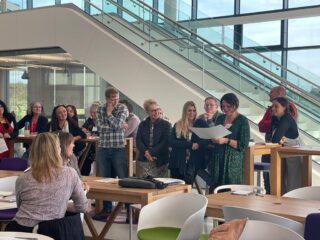
Meet the team
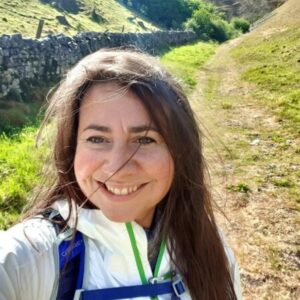
Helene Belmans
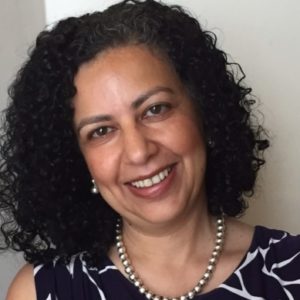
Cleo Butterworth
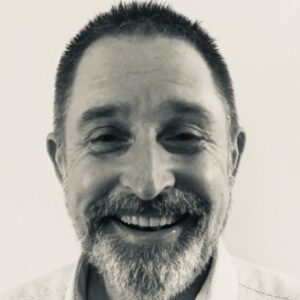
Gareth Evans
Julie Ward-Jones
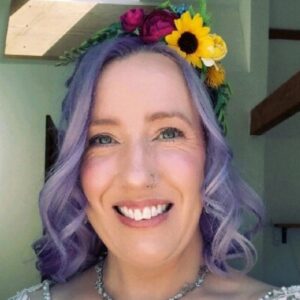
Lou Rodrigues
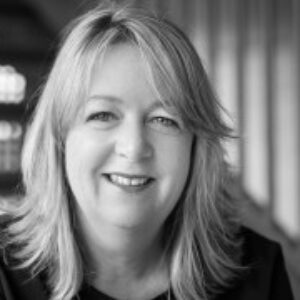
Samantha Hudson
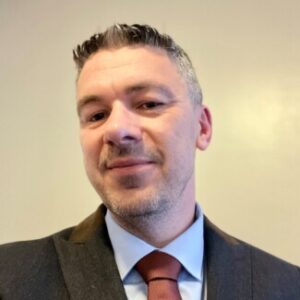
Peter Greensmith
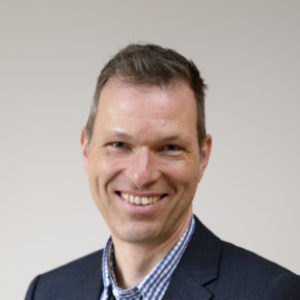
Christian Subbe
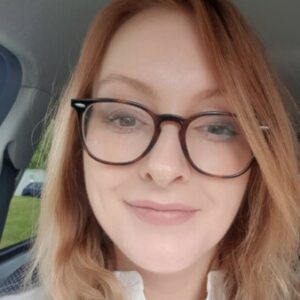
Christy Hoskings
Also:
- Dr Ffion Prothero
- Karen Higgins
- Ffion Johnstone
- Jim McGuigan
- Dr Dyfrig Ap-Dafydd
- Beth Bailey
- Sian Fearn-Thomas
- Dr Bisola Ekwueme
- Dr Matt Davies
- Kelly Clewett
- Arwel Owen
- Clare Budden
- Nina Ruddle
- Jo Seymour
- Jackie Irwin
- Jim Lee MBE
- Rachel Andrews
What is the challenge your project is going to address and how does it connect to the theme of 'How can we improve across system boundaries?
The difference in healthy life expectancy is as much as 12 years across socio-economic divides in North Wales. Our challenge is our ambition: a need to address the risks associated with a status quo leading to citizens of North Wales losing healthy years of life and living longer with more complex but unmet needs due to the inequalities that exist.
As a Health Board, we are only part of the story in reversing health inequalities: the wider determinants of health are drivers of how healthy people are, and inequalities in these factors are a fundamental cause of health inequalities. This brought a challenge and opportunity to us: how can we work across the system to build collective, inclusive action?
We set out to create a programme which could serve as a blue-print for primary care, as advocates for population health in their community to shift the status quo.
What does your project aim to achieve?
Our transformation programme brought together principles of whole systems convening, cultivating communities of practice, social learning, change management, improvement methodology and behaviour change. We wanted to inspire others and build on people’s entrepreneurial spirit to deliver a more adaptive, innovative response to address health inequality.
The resulting outputs from work to date culminated in teams designing outlines of local initiatives contributing to a shared goal of collective action to address health inequalities in their community. We aimed to encourage participants to be creative and feel inspired to ‘do different’.
Early results indicate synergies created added immense value to participants: 90% of participants found the opportunity in support of their professional development, helped build new connections, inspired them to make a difference in their area of work and had increased their knowledge on health inequalities.
Our aims is to now boost the culture, capabilities and structures needed for embedding the blue-print.
How will the project be delivered?
The programme approach to create pace and momentum is underpinned by industry best practice MSP®. The infrastructure describes a 12-month programme including 5 elements as a catalyst for change.
Our benefits profile describes the capabilities, outcomes and benefits that can be achieved.
With our aim to boost the culture, capabilities and structures needed for embedding the blueprint the intention is to:
- Embed the programme within primary care to support the ambitions of multi-agency working as part of Accelerated Cluster Development
- Explore the inclusion of a Health Inequality Truth Commission within the approach to consider different means of citizen involvement
- Shape and develop the community of practice including connection with the Academy for Health Equity & Prevention
- Work in collaboration with Future Generations Office, 2025 Movement, Strategic Programme for Primary Care and the Wider Determinants of Health Unit to enhance and develop the blueprint
How is your project going to share learning?
The potential for shared learning is significant: during 2023, the inverse care law programme brought together 156 people across 3 primary care innovator clusters including 28 community and voluntary organisations allowing us to share learning.
We envisage to share this via:
- Set-up of a Q SIG for the programme, inviting membership and expertise from others including members from the Community of Practice Leadership programme
- Host a sharing session for our #BetterByBetsi community, a 517 strong team of improvement champions
- Capture value and impact via a case study for publication
- Share learning with key alliances such as the Future Generations Office, 2025 Movement, North Wales Insight Partnership, Strategic Programme for Primary Care, All Wales Wider Determinants of Health Community of Interest and the All Wales Strategic Programme for Primary Care
- Share learning via Bevan Fellows involved with the programme
How you can contribute
- Capitalise on networking opportunities
- Learning from critical friends
- Connections with change makers on this topic
- Learn from other areas working towards a similar vision
Comments
Sue Lacey Bryant 13 Mar 2024
Do take a look at the work of the Complete Care Community
https://www.ardengemcsu.nhs.uk/complete-care-community/
https://healthcareleadernews.com/views/lessons-from-the-complete-care-community-programme/
Hilda Campbell MBE 27 Feb 2024
This looks a worth while and much needed piece of work. Having worked in a third sector setting and witnessed the impact health inequalities has not only on people's life chances but people's hopes to believe things can be better, which can lead to diseases of despair and an even more negative impact on wellbeing, even to thoughts of suicide and death.
Solutions are best found listening to people who have experience of what needs to change, then working together to find ways to make that change manifest and sustain it, too often great ideas emerge, are 'in' for a while then disappear only to be reinvented again in the future, its building on what has already been happening. This piece may be of interest https://www.iriss.org.uk/resources/case-studies/cope-scotland
''Story of a self-management programme that evolved into an equality and anti-poverty programme for a fairer, more resilient community. Professionals and public work together for a fairer community and improved resilience for better mental wellbeing, guided by the voices of lived experience.''
If I have any experiences to share you would find helpful for your idea, then please feel free to call on me
Kind regards
Hilda
Helene Belmans 27 Feb 2024
Thank you very much Hilda for sharing that, I will read up on this case study!
Comments are now closed for this post.